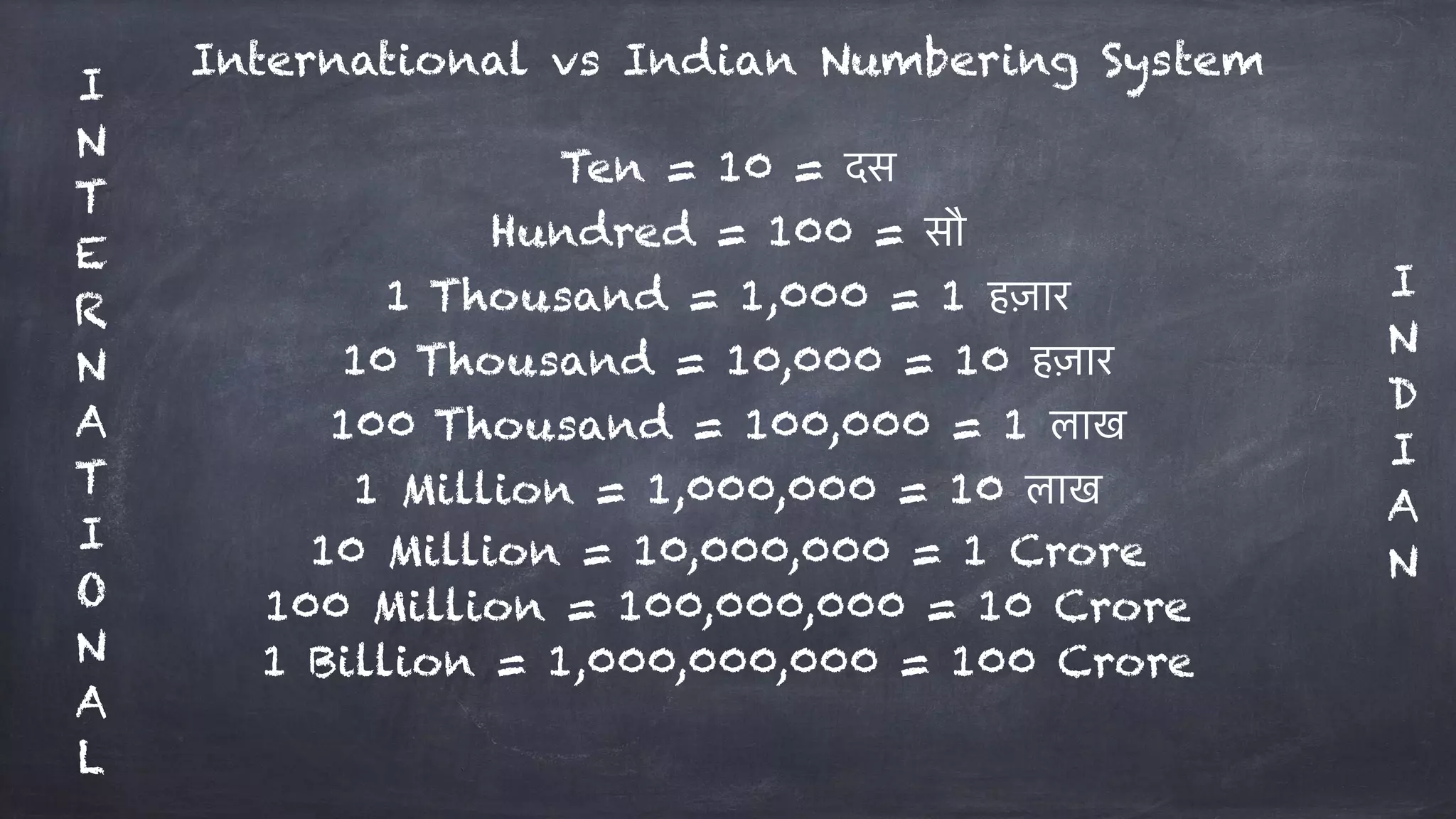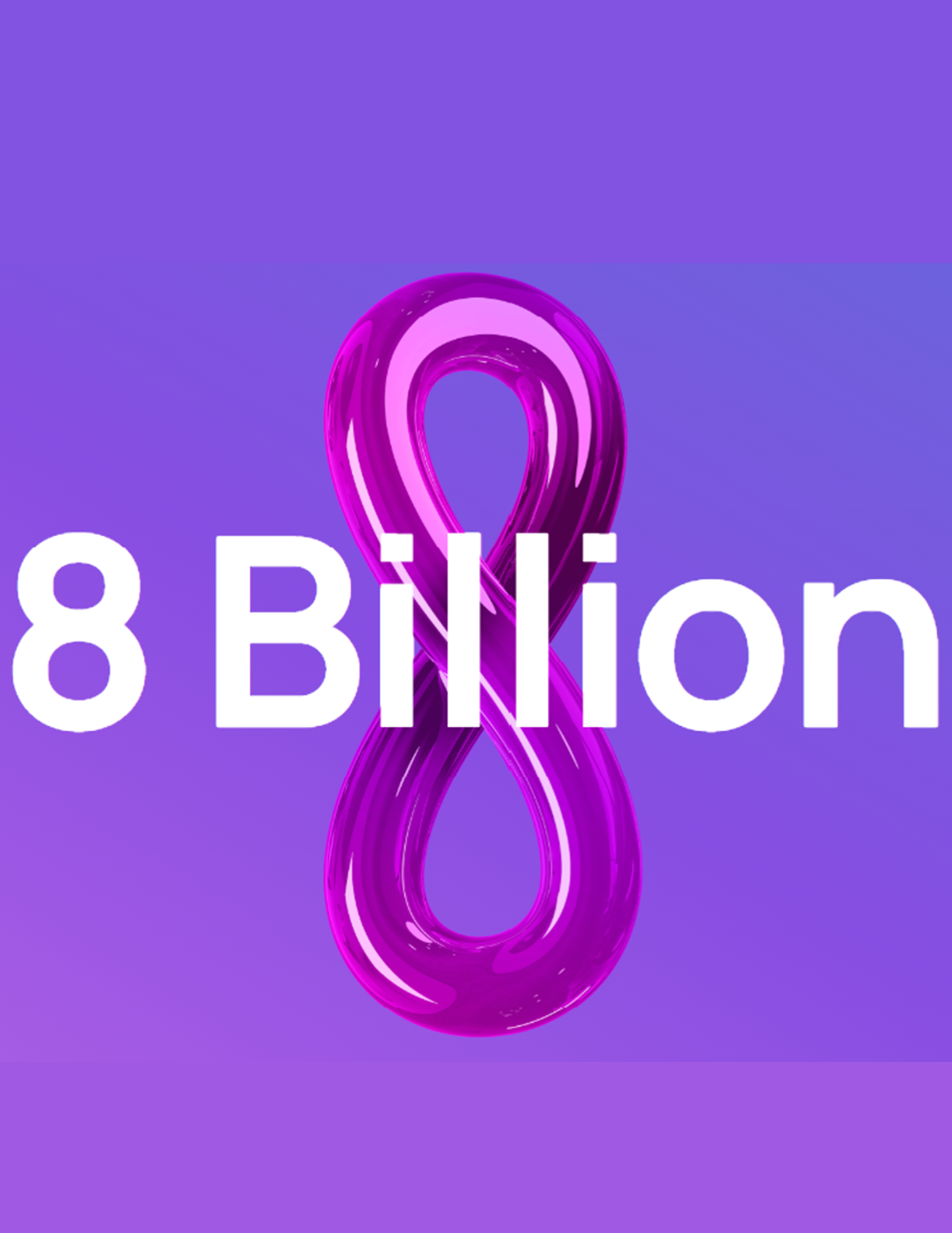How Many 0s In A Billion? Unraveling The Grand Number
Have you ever stopped to truly think about a billion? It's a word we hear quite a lot, isn't it? From national budgets to population figures, or maybe even those super popular videos online, a billion just seems to pop up everywhere. Yet, for many of us, grasping just how big that number truly is, or even how it's written down, can feel a little fuzzy, you know? It's like a huge, abstract idea that's pretty hard to pin down in our minds.
That curiosity about really big numbers is actually quite common, it really is. People often wonder about the specific digits involved, especially the zeros. Knowing the exact count of zeros in a number like a billion helps us picture its size better and makes it less intimidating, more approachable, in a way. It’s like trying to count the stars; you might not get every single one, but you can get a good sense of their vastness.
Today, we're going to clear up that little mystery and give you the straight answer. We'll look at what a billion really means, how it's written, and, of course, exactly how many zeros it has. This isn't just about a math fact, though; it’s about making those enormous figures feel a little more real and a little less like some distant, numerical cloud, that's for sure.
- Eminence In Shadow Season 3
- Kay And Tay Abuse Allegations
- How Many Dogs Does Steve Horstmeyer Have
- Ball Up Top Meaning
- What Is A Torta
Table of Contents
- Understanding a Billion: What Does it Truly Mean?
- Counting the Zeros: The Big Reveal
- Why the Zeros Matter: Clarity and Communication
- Short Scale Versus Long Scale: A Global Perspective
- Real-World Billions: Examples All Around Us
- Making Sense of Large Numbers: Tips for Remembering
- Frequently Asked Questions About Big Numbers
- Putting It All Together: The Power of Precision
Understanding a Billion: What Does it Truly Mean?
When we talk about "many," we're usually thinking about a large but not quite exact amount of things, you know? My text, for instance, points out that "many" suggests a big but indefinite number. However, a billion, while definitely a large amount, is anything but indefinite. It's a precisely defined quantity, actually.
In most English-speaking countries today, especially places like the United States, Canada, and even the United Kingdom since 1974, a billion refers to one thousand million. It's a huge step up from a million, which itself is a pretty big number. To put it simply, if you had a thousand groups, and each group had a million of something, you'd have a billion, that's it.
This definition, known as the "short scale," is the one you'll typically encounter in finance, science, and everyday conversation, too it's almost everywhere. It’s the standard way we measure things like national debts, global populations, or even how much money a very successful movie might make. It really helps us keep things clear when we're talking about these vast quantities.
- The Voice Winner 2025
- What Is A Femboy
- Sophie Rain Spiderman Video
- Emily Compagno Husband
- Caramel Highlights On Brown Hair
Counting the Zeros: The Big Reveal
So, let's get right to the heart of the matter: how many zeros are there in a billion? If we use the standard short scale definition, the answer is nine zeros. That's a lot of zeros to write out, frankly.
Let's break it down, just a little, to see how those nine zeros come about. We start with the number one, which has no zeros after it. Then we move up through our place value system, adding zeros as we go, basically:
- One: 1
- Ten: 10 (1 zero)
- Hundred: 100 (2 zeros)
- Thousand: 1,000 (3 zeros)
- Ten Thousand: 10,000 (4 zeros)
- Hundred Thousand: 100,000 (5 zeros)
- Million: 1,000,000 (6 zeros)
- Ten Million: 10,000,000 (7 zeros)
- Hundred Million: 100,000,000 (8 zeros)
- Billion: 1,000,000,000 (9 zeros)
You can see a pattern emerging there, couldn't you? Each step up by a factor of ten adds another zero, and when you jump from million to billion, you're essentially multiplying by a thousand, which means adding three more zeros to the million's six, resulting in a total of nine. It’s a pretty neat system, actually.
Writing out one billion looks like this: 1,000,000,000. Those commas, by the way, are really helpful for grouping the numbers into sets of three, making it much easier to read and quickly count those zeros, in some respects. Without them, it would just be a very long string of ones and zeros, quite hard to make sense of.
Why the Zeros Matter: Clarity and Communication
Knowing the exact count of zeros isn't just a fun fact; it's really important for clear communication, especially in fields where precision is key. Think about finance, for instance. A mistake in just one zero could mean the difference between a minor budget adjustment and a catastrophic financial error, you know? It's a huge deal.
In science, when scientists talk about distances in space or the number of atoms in a substance, those zeros convey scale. Without that exactness, discussions about things like climate change data or the age of the universe would lose their scientific rigor, pretty much. The zeros give the numbers their true weight and meaning, that's it.
Also, because there are different ways some parts of the world define a billion (which we'll get into shortly), being precise about the number of zeros helps avoid serious misunderstandings. If you're talking about money or population figures across different countries, knowing the definition being used is absolutely critical, as a matter of fact.
Short Scale Versus Long Scale: A Global Perspective
This is where things get a little bit interesting, and perhaps a touch confusing for some people. While most English-speaking nations use the "short scale" where a billion has nine zeros, other parts of the world, particularly many European countries, historically used what's called the "long scale," actually.
In the long scale system, a billion means one million million. Now, think about that for a second. One million million is a much, much larger number than one thousand million, wouldn't you say? It's a whole different magnitude, really.
If you were to write out a long scale billion, you would need twelve zeros! It would look like this: 1,000,000,000,000. That's a trillion in the short scale system, by the way. This difference has caused quite a few mix-ups over the years, especially when people from different regions discuss large figures without clarifying which scale they're using, so it's a good thing to be aware of.
While the short scale is becoming more common globally, especially with the influence of international media and finance, the long scale still pops up, and it's something to be mindful of. So, when someone mentions a billion, you might, just a little, want to quickly consider where they're from, particularly if the context is global. It could save you from some mild confusion, honestly.
Real-World Billions: Examples All Around Us
It's one thing to talk about zeros, but it's another to see how a billion actually shows up in our daily lives. These numbers aren't just for math books; they represent real things and big ideas, too. For example, the global population recently passed eight billion people. That's eight followed by nine zeros, times eight! That's a lot of individuals living on our planet, that's for sure.
Think about national economies or government spending. Many countries have budgets that run into hundreds of billions of dollars or euros. When you hear about a country's national debt, it's often measured in trillions, which is even bigger than a billion, but still built upon that same idea of many zeros, you know.
In technology, data storage can be measured in billions of bytes, or gigabytes. A typical hard drive in your computer might hold a few terabytes, which is thousands of billions of bytes, actually. So, your personal devices are handling billions of pieces of information all the time, basically.
Even time can be thought of in billions. The Earth is estimated to be about 4.5 billion years old. Trying to picture that many years is nearly impossible, but knowing it's a 4 followed by nine zeros helps give it some shape, in a way. It helps us grasp the immense stretch of time that has passed since our planet formed, so.
Making Sense of Large Numbers: Tips for Remembering
Dealing with really big numbers, like a billion, can sometimes feel overwhelming. Here are a few simple ways to make them stick in your mind a bit better. One good trick is to always think in groups of three zeros. Our number system, with its commas, naturally does this for us, you know? So, 1,000 is a thousand (three zeros), 1,000,000 is a million (six zeros), and 1,000,000,000 is a billion (nine zeros). It's a pretty consistent pattern, actually.
Another helpful method is to use scientific notation, especially for truly gigantic numbers. Instead of writing out all those zeros, you can express a billion as 1 x 10^9. The "9" tells you there are nine zeros after the "1," which is quite neat. This makes it much more compact and easier to manage, particularly in scientific contexts, naturally.
You could also try to relate these numbers to something you can visualize, even if it's just a rough estimate. For instance, a billion seconds is about 31.7 years. That's a pretty long time, isn't it? Or, a billion dollars could buy you a lot of very fancy cars, or maybe even a small private island, so. These comparisons, even if they're just for fun, can help make the abstract concept of a billion feel a little more concrete, in fact.
Finally, just practicing writing them out or saying them aloud can make a difference. The more you interact with these large numbers, the more comfortable you'll get with them, you know. Learn more about large numbers on our home page, for example. It’s like learning any new skill; repetition helps it become second nature, pretty much.
Frequently Asked Questions About Big Numbers
People often have a lot of questions about these grand numbers. Here are some common ones that come up, which might clear up a few more things for you, too.
How many zeros are in a trillion?
Following the short scale system, a trillion has twelve zeros. It's one thousand billions, so you just add three more zeros to the nine zeros of a billion. So, it looks like this: 1,000,000,000,000. That's a really, really big number, honestly.
What is the difference between a billion and a million?
The main difference is their size, of course. A million has six zeros (1,000,000), while a billion has nine zeros (1,000,000,000). A billion is a thousand times larger than a million. If you had a thousand million-dollar bills, you'd have a billion dollars, you know. It's a pretty significant jump in scale.
Why do some countries define a billion differently?
Historically, different regions developed their own systems for naming large numbers. The short scale (where a billion is a thousand million) originated more in the U.S., while the long scale (where a billion is a million million) was common in Europe. It's just a matter of historical linguistic and mathematical traditions, actually. While many countries are now adopting the short scale for global consistency, the older definitions still persist in some places, so you might still run into them, as a matter of fact. You can also find more details about number systems on related math concepts.
Putting It All Together: The Power of Precision
So, we've figured out that a billion, in the way most of us use it today, has nine zeros. It's written as 1,000,000,000. This might seem like a small detail, but knowing this specific count helps us grasp the true size of such a number and makes conversations about vast quantities much clearer, you know? It really does make a difference.
Whether you're looking at global economics, scientific discoveries, or just trying to make sense of some really big statistics from October 2023, having this clear picture of a billion's structure is incredibly helpful. It takes away some of the mystery and replaces it with a solid piece of information, so. The next time you hear or read about a billion, you'll have a much better idea of just how much that truly represents, that's for sure.
- 4 Guard Buzz Cut
- Abbey Love On The Spectrum
- Do Female Cats Spray
- Surrealism Dress To Impress
- Securely Connect Remoteiot Vpc Raspberry Pi Aws Server

All About the Big Numbers: How Many Zeros in a Billion?

How many zeros in billion | PDF | Stocks and Bonds | Personal Investing

Day of 8 Billion | United Nations